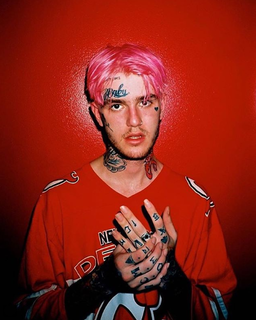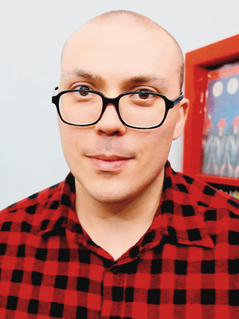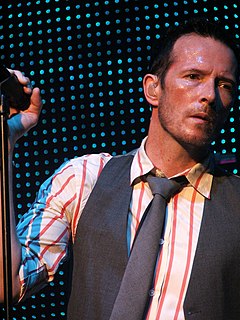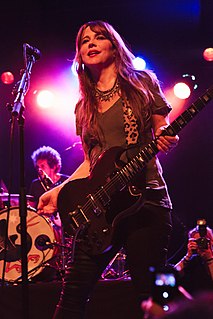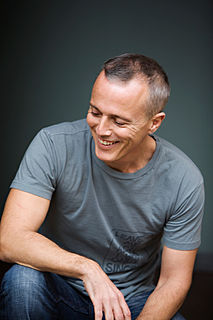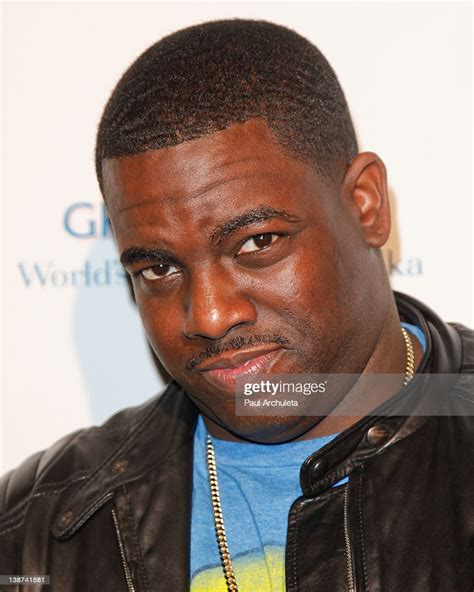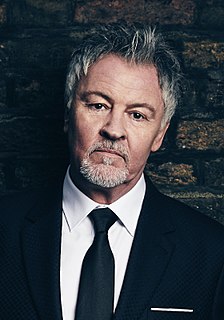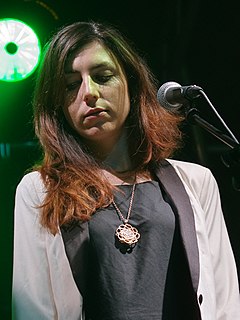A Quote by David Bowie
[David] Bowie had a genius for continual change himself, reinventing his sound and his image throughout the decades. Each album seemed to find Bowie in a different persona, with a new sound to match his new look.
Related Quotes
If you took a couple of David Bowies and stuck one of the David Bowies on the top of the other David Bowie, then attached another David Bowie to the end of each of the arms of the upper of the first two David Bowies and wrapped the whole business up in a dirty beach robe you would then have something which didn't exactly look like John Watson, but which those who knew him would find hauntingly familiar.

